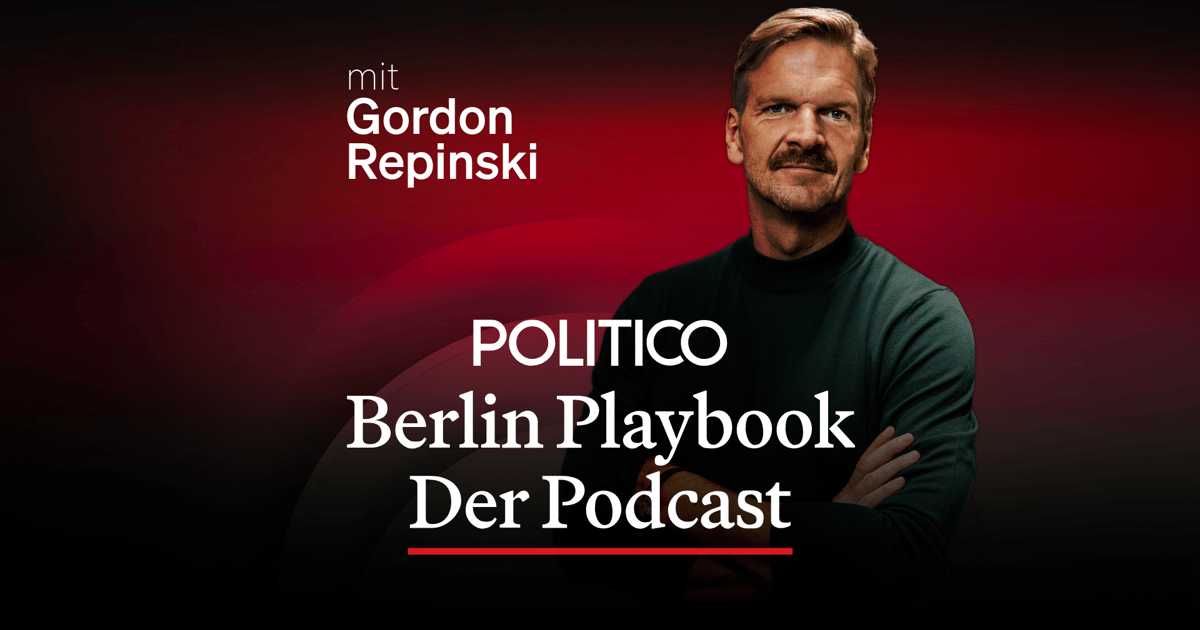

In recent weeks, Germany has found itself at the crossroads of crucial defense and diplomatic dialogues, highlighting its key role on the international stage. Defense Minister Boris Pistorius has been at the heart of ongoing discussions surrounding the nation’s military obligations and potential reforms to the conscription system. Meanwhile, Foreign Minister Johann Wadephul is preparing for intricate diplomatic negotiations involving international allies and regional stakeholders. Together, these efforts encapsulate the delicate balancing act Germany navigates in upholding commitments while fostering global peace and cooperation.
At the core of Germany’s defense debate is the proposal by Defense Minister Boris Pistorius to introduce a new form of military service. The idea is to bolster Germany’s defense capabilities while aligning with NATO commitments. This initiative, however, has sparked significant discourse within the coalition government. Pistorius advocates for a voluntary service model, a stance he believes will resonate more favorably with members of his Social Democratic Party (SPD). This approach aims to modernize military engagement without imposing mandatory service, which could potentially alienate certain segments of society.
Yet, the proposal has faced scrutiny from opposition leaders, particularly within the Christian Democratic Union (CDU). Thomas Röwekamp, a defense expert and Chairman of the Defense Committee, has called for revisions to Pistorius’s plan. Röwekamp argues that voluntary service, while a positive idea, may not suffice in meeting all of Germany’s international obligations. He suggests that a more robust and perhaps mandatory service structure might be necessary to fully support NATO’s defenses and Germany’s own national security needs.
While domestic debates around military service persist, Germany’s foreign policy navigations are equally significant. Johann Wadephul, the Foreign Minister, takes center stage as he prepares for a critical diplomatic visit to Israel. In the lead-up to his journey, Wadephul discusses key issues such as delineating clear diplomatic boundaries with Israel’s government. These “red lines” are pivotal in managing sensitive relationships and promoting stability within the region.
Wadephul’s diplomatic mission also encompasses dialogues about the broader situation in the Middle East, including ongoing tensions in Gaza. There is a concerted hope for achieving a ceasefire that would bring much-needed calm to the area. His itinerary includes crucial meetings about enhancing collaboration with foreign counterparts, including U.S. Secretary of State Marco Rubio. The interaction between Wadephul and Rubio highlights the ongoing partnership between Germany and the United States, emphasizing shared diplomatic visions for global peace efforts.
In a lighter cultural interlude, the evocative aromas associated with nostalgic childhood experiences provide a refreshing contrast to the weighty matters of state. A recent exploration into familiar scents, such as the sweet smell of Play-Doh, takes readers on a journey back to simpler days. Perfumer Amélie Bourgeois reflects on how these commonplace fragrances can evoke powerful memories. Her work underscores an interesting connection between the senses and emotional responses, providing a calming retreat from the political discourse.
These multifaceted stories from Germany exemplify the nation’s dedication to navigating both the intricate complexities of defense policies and the nuanced art of diplomacy. By undertaking rigorous debates and fostering global ties, Germany seeks to responsibly address its security obligations while actively contributing to international peace and understanding. As discussions unfold, the goal remains to engage constructively with all stakeholders, ensuring that progress is driven by collaboration and mindfulness, rather than division and discord.
Source: {link}
